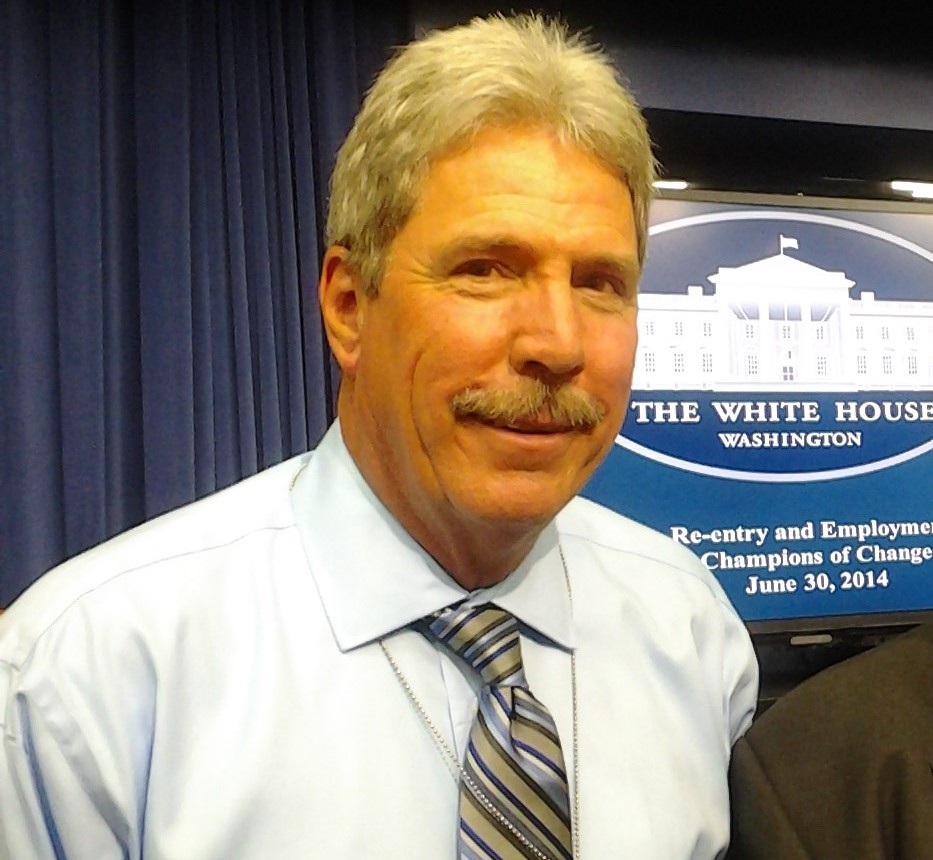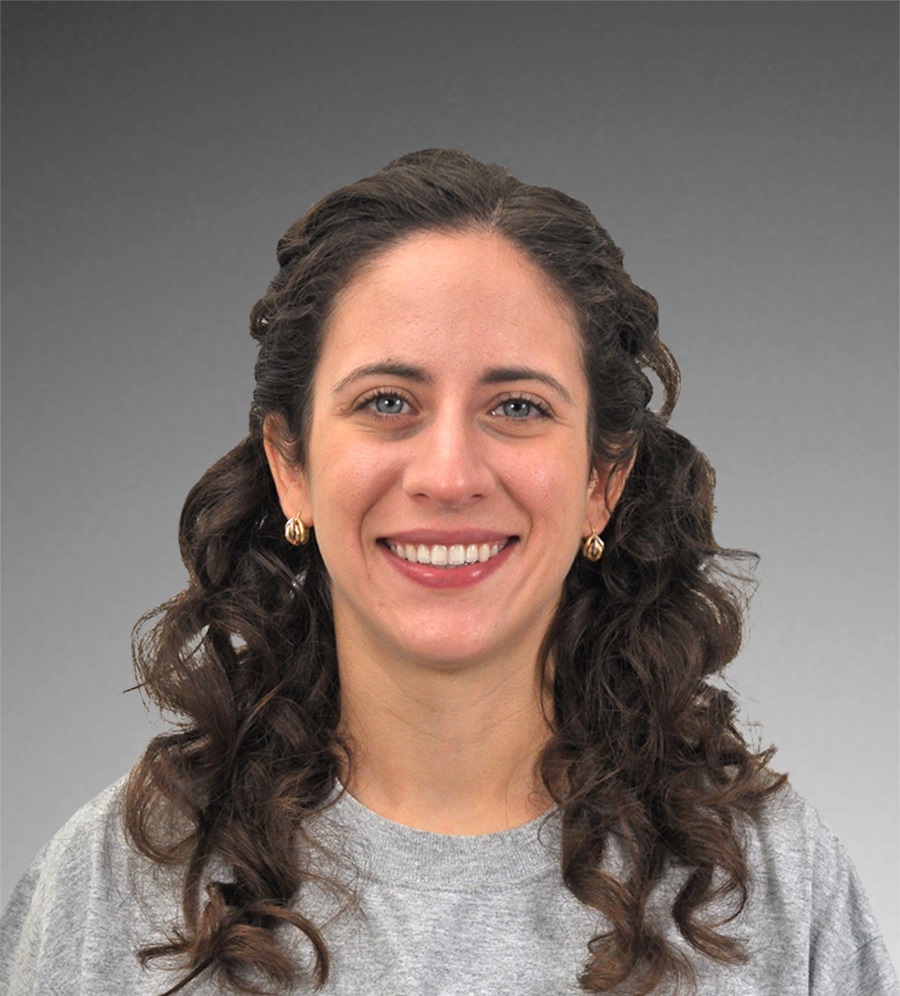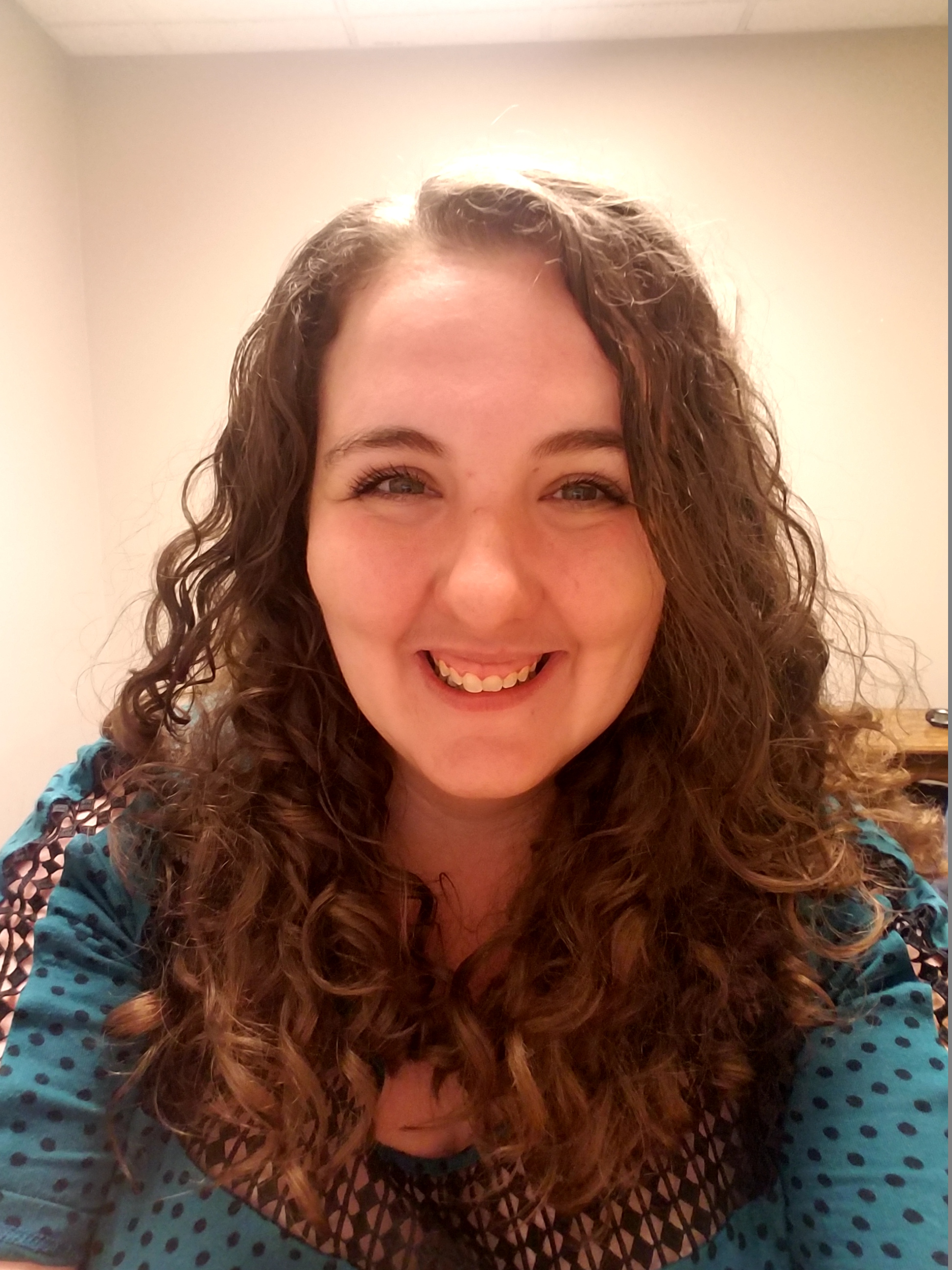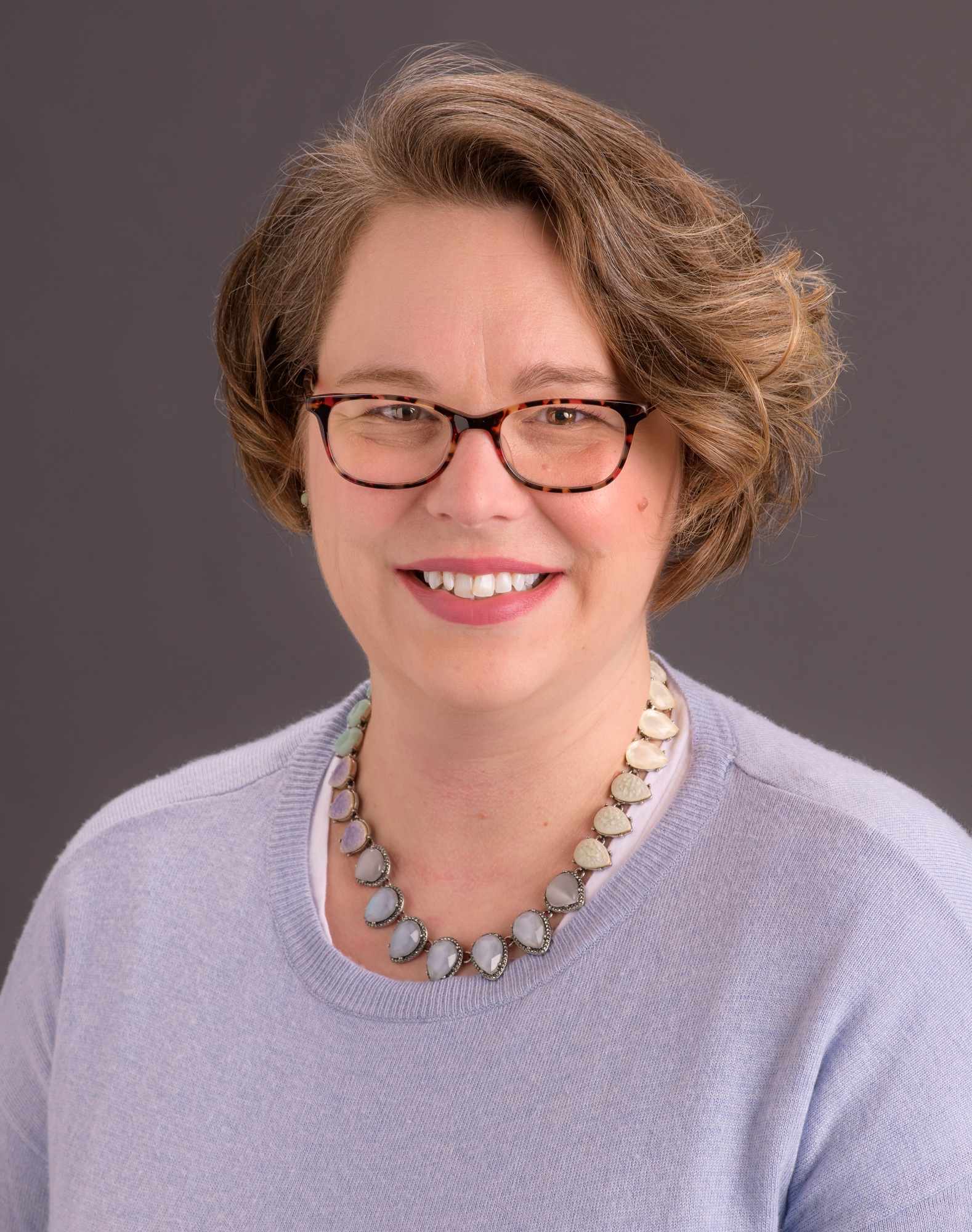SOAR for Children: Building Resiliency & Supporting Families
Speaker(s):
Presentation: SSI/SSDI Outreach, Access, and Recovery (SOAR) for Children has proven to increase access to Supplemental Security Income (SSI) for children and youth with disabling conditions who are experiencing or at risk of homelessness. The curriculum emphasizes SSA work incentives that make it possible for youth to pursue vocational goals, while maintaining benefits. Learn how SOAR can be integrated into programming to ensure the right combination of services to best suit current and future needs.
Objectives:
- Define the importance of Supplemental Security Income (SSI) benefits for children and youth with serious mental illness and their families who are experiencing or at-risk of homelessness, including income, health insurance, education and employment supports, and housing stability
- Explain the effectiveness of the SSI/SSDI Outreach, Access, and Recovery (SOAR) model for expediting decisions and improving approval rates for Social Security disability benefits
- Identify opportunities to get involved with SOAR for children, including connecting to local SOAR efforts, the SOAR Online Course, and the SOAR Online Application Tracking (OAT) program






